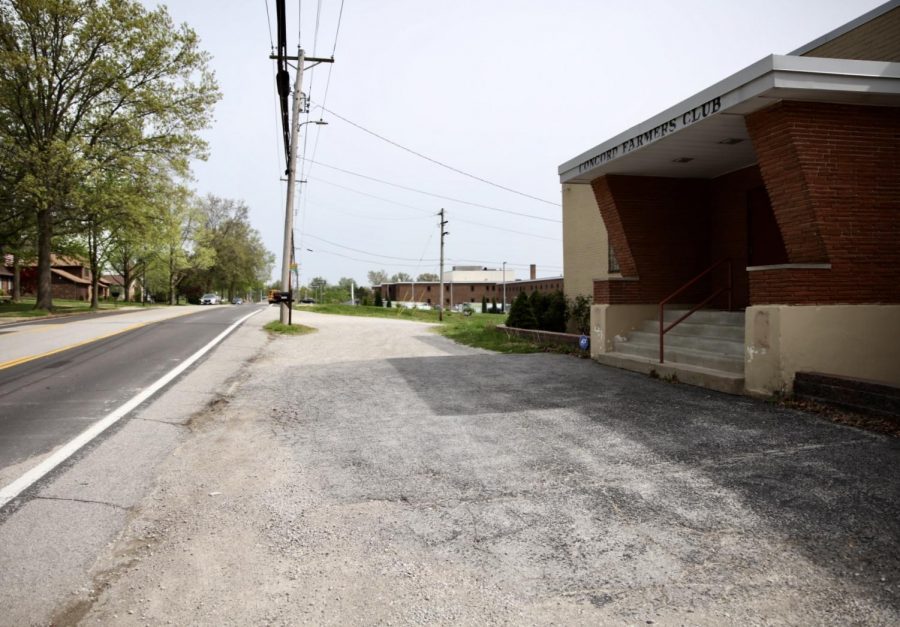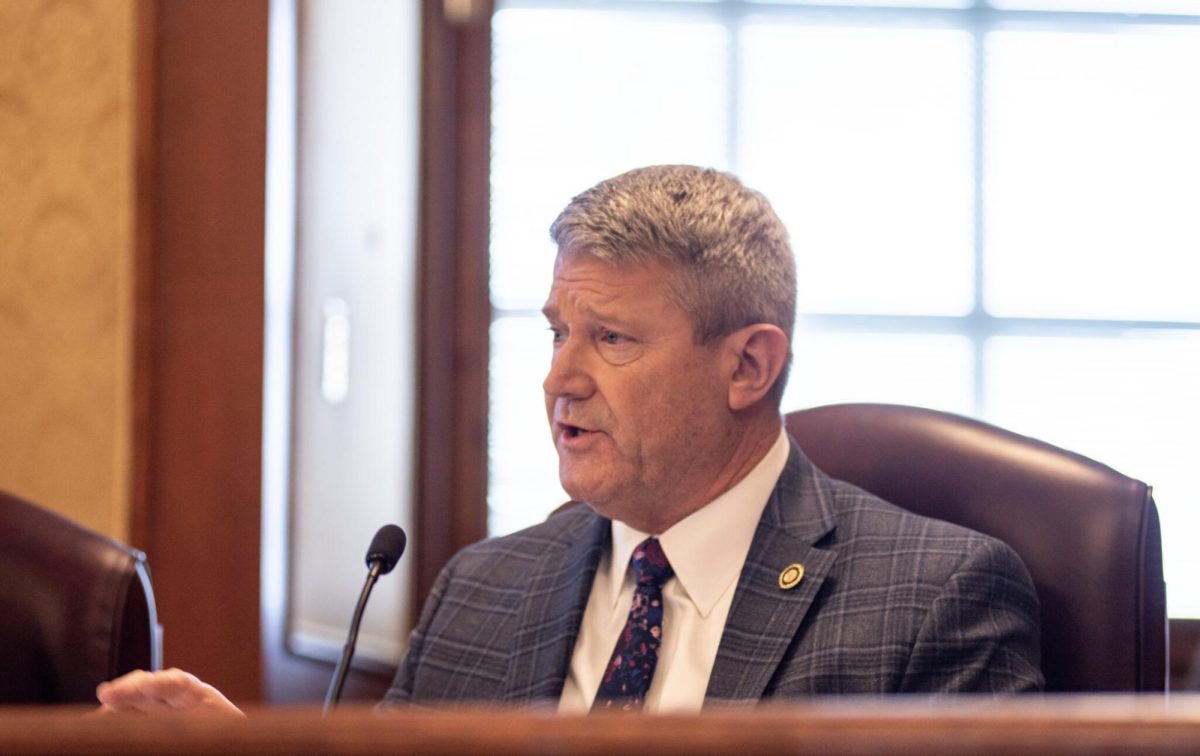The Legislature’s attempt to fix the state’s method of funding education flopped in committee last week, a satisfying failure to several south county lawmakers.
“I’m very happy,” said Rep. Jim Avery, R-Crestwood. “(Lawmakers) were trying to manipulate it so it would benefit the rural areas.”
“We don’t want to settle for bad legislation just to get something passed,” said Rep. Jim Lembke, R-Lemay. “We will con-tinue to go to bat for the schools in south county.”
A Special House Committee on Educa-tion Funding last week flushed Senate-approved legislation that would have revamped the state’s formula for funding education.
“The Senate version of this bill was terrible for south county and the House version was even worse,” said Rep. Michael Vogt, D-Affton.
The proposal, Senate Bill 287, sought to redirect Missouri from a property tax-driven formula to a student-needs formula.
To do so, the state would have distributed money based on districts’ average daily attendance but provided extra cash credits for special-needs students, such as those who speak English as a second language or those who qualify for free or reduced lunch. Currently, state funding is based solely on how much local taxes generate.
That provision could have funneled more than $4 million to the Mehlville School District over the five-year planned phase-in of the formula, beginning July 1, 2006, based on simulations by the Department of Secondary and Elementary Education.
Lindbergh, meanwhile, would have re-ceived a scant $287,000 over the six years, Avery said.
The proposal also guaranteed all districts could spend at least $6,117 per pupil. If local revenue couldn’t meet that number, the state would cover the difference.
Neither Lindbergh nor Mehlville would have received cash from that provision.
And the suggested formula had several flaws that south county lawmakers say neglected the needs of suburban schools like Lindbergh and Mehlville that have received the same amount of state aid since 1993.
In particular, SB 287 didn’t adequately account for the higher cost of education in the suburbs compared to rural Missouri. One provision offered a dollar value modifier, or DMV, to account for cost discrepancies in the state, but throughout negotiations, the number slid from 15 percent down to 6 percent.
To obtain more funding annually, Lind-bergh School District Chief Financial Officer Pat Lanane said the DMV would have to be 40 percent at least, meaning $1.40 in Lindbergh is equal to one dollar in parts of out-state Missouri.
“There is no help coming in the form of state assistance,” Lanane told the Board of Education at a special planning session last month, before knowing the legislation had failed. “Based on how it looks now, it would be hard for me to support passage of this.”
South county representatives also wanted the state to fix tax assessment discrepancies throughout the state. Unlike St. Louis County, many out-state assessors are elected, not appointed, so they appeal to constituents, critics contend. Also, the county just raised assessments roughly 20 percent while many out-state communities only raised assessments 1 percent, Lembke said.
Because out-state assessments are drastically lower, or “under assessed,” more fund-ing is siphoned out-state, he said.
“We are about 18 percent of the state’s population and we pay about 36 percent of total revenues that go to the state,” he said. “So we’re kind of getting knives in the gut and the back also … That’s money that’s not coming back to our local schools.”
Additional state aid has eluded local schools since 1993, when the current formula was approved. Hold-harmless school districts like Mehlville and Lindbergh may or may not get more categorical aid each year for specific programs or expenses, but in terms of general state aid, the schools have received the same amounts since 1993.
Contending the current formula is unfair and inadequately funded, Mehlville and Lindbergh joined nearly 70 other districts to form the Coalition to Fund Excellent Schools and intervene in a lawsuit asking the courts to declare the formula inadequate and unconstitutional. So if the Legislature can’t fix the formula, the courts may.
“I would just as soon have the courts try to figure this out,” Vogt said. “I think that’s the best chance we got. We might get a fair shake from the courts and we might not, but I can tell you one thing for sure: We’re not going to get a fair shake from the Legis-lature. My constituents are tired of building new rural schools while ours deteriorate.”
With control of the House, the Senate and the governor’s mansion, Republicans don’t want the courts involved.
“Courts should rule on constitutionality, but they shouldn’t legislate,” Avery said.
“This Legislature will stand up to any court that tries to meddle in our business,” Lembke said.
Of course, Gov. Matt Blunt may call a special session to handle the issue, and he has committed to changing the formula this year.
“The governor’s budget recommendation includes a significant increase for education after years of withholdings, and he will not consider this legislative session complete until the General Assembly delivers a school funding formula to his desk that includes allocations based on students’ needs and not entirely on local property taxes,” spokeswoman Jessica Robin-son stated in a news release.
“I wasn’t unhappy, put it in those terms,” said Rep. Walt Bivins, R-Oakville. “I wasn’t unhappy that the bill that was presented didn’t make it out of the committee. That bill was unfair.
“If we don’t resolve this issue over the next couple weeks, we probably will have a special session just to deal with education funding,” he said. “I don’t think anyone wants to see this handled by the courts. I would much rather see this handled in the Legislature, even if it takes all summer.”
“I don’t think January until now was enough time,” Vogt said. “I think the governor has to realize that’s just not enough time.”






















